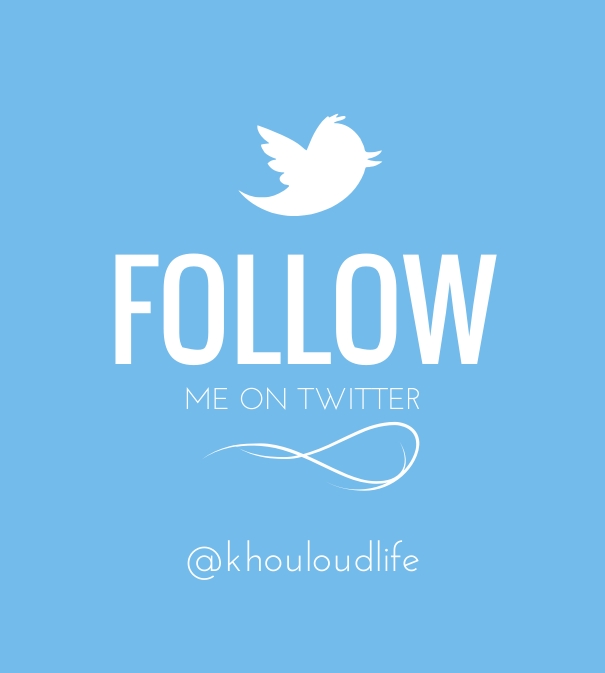It’s helpful to read some self-help books, but it’s even more helpful to remind yourself of all the things you’ve learned from those books. Below are some lessons I’ve learned from some great self-help books I had the chance to read:
31 Priceless Lessons Self-Help Books Taught Me (Part I)
1- “What you resist persist… and when you quit resisting what you’re feeling, it can dissolve.” Denise Linn
2- “You hear what you need to hear at any given time in your life, you create what you need when you need it. You can’t hear the truth until you’re truly ready to listen.” Denise Linn
3- Enjoy the mystery, let the world unfold without always attempting to figure it all out. Don’t try to make something work, simply allow. Recognize that some of your desires are about how you think your world should be, rather than how it is in that moment. Take time to open your mind to the fascinating mystery and uncertainty that we all experience.
4- We see beauty as beauty only because there’s ugliness, and we feel happiness only because there’s sadness.
5- Rather than seeking more objects of desire, practice gratitude, it will lead you to the contented life. Replace personal desire by the question: How may I serve. By simply changing these kind of thoughts, you will begin to see major changes taking place in your life.
6- Remind yourself daily that there is no way to happiness; rather, happiness is the way. Bring happiness to every encounter in life, instead of expecting external events to produce joy.
7- “Remove the word ‘special’ from your vocabulary when you refer to yourself or to others. If anyone is special, then we all are. And if we’re all exceptional, then we don’t need a word like that to define us” Dr. Wayne W. Dyer
31 Priceless Lessons Self-Help Books Taught Me (Part I)
1- “What you resist persist… and when you quit resisting what you’re feeling, it can dissolve.” Denise Linn
2- “You hear what you need to hear at any given time in your life, you create what you need when you need it. You can’t hear the truth until you’re truly ready to listen.” Denise Linn
3- Enjoy the mystery, let the world unfold without always attempting to figure it all out. Don’t try to make something work, simply allow. Recognize that some of your desires are about how you think your world should be, rather than how it is in that moment. Take time to open your mind to the fascinating mystery and uncertainty that we all experience.
4- We see beauty as beauty only because there’s ugliness, and we feel happiness only because there’s sadness.
5- Rather than seeking more objects of desire, practice gratitude, it will lead you to the contented life. Replace personal desire by the question: How may I serve. By simply changing these kind of thoughts, you will begin to see major changes taking place in your life.
6- Remind yourself daily that there is no way to happiness; rather, happiness is the way. Bring happiness to every encounter in life, instead of expecting external events to produce joy.
7- “Remove the word ‘special’ from your vocabulary when you refer to yourself or to others. If anyone is special, then we all are. And if we’re all exceptional, then we don’t need a word like that to define us” Dr. Wayne W. Dyer
8- “Being creative means trusting your inner calling, ignoring criticism or judgment and releasing resistance to your natural talents.” Dr. Wayne W. Dyer
9- Serve the needs of others, and all your own needs will be fulfilled. Through selfless action, fulfillment is attained.
10- The main problem with trying to fulfill your desires is that you’re always caught in the trap of striving and never arriving. Thus, you can never feel complete. Sooth your demanding habits by refusing to continue running after more.
11- To keep on filling is not as good as stopping. Make this commitment even though you live in a world addicted to the idea that one can never have enough of anything. Eat, but stop when you’re full. To continue stuffing food into a satisfied body is to be trapped in believing that more of something is the cause of your happiness.
12- “All that is yours will leave and become someone else’s. So step back and allow yourself to be an observer of this world of form. Becoming a detached witness will put you into a state of bliss, while loosening your tight grip on all your possessions.” Dr. Wayne W. Dyer
13- “’the chase’, this quest for adoration, money, and the power is a waste of energy because there’s never enough. You can’t arrive at a place of peace and inner satisfaction when your entire existence is motivated by not having enough. In fact, this relentless chase is a formula for craziness.
14- “It’s crucial to remain independent of both the positive and negative opinions of other people. Regardless of whether they love us or despise us, if we make their assessments more important than our own, we’ll be greatly afflicted.” Dr. Wayne W. Dyer
15- “No ego means no trouble, big ego equals big trouble.” Dr. Wayne W. Dyer
16- “Replace the pursuit of external favor with the awareness that what others think of you is really none of your business.” Dr. Wayne W. Dyer
17- “Slow down your frantic pace and practice hollow like the cave and open to all possibilities like the uncarved wood.” Dr. Wayne W. Dyer
18- Amidst the rush of worldly comings and goings, observe how endings become beginnings. The reality is that beginnings are often disguised as painful endings. So when you know that there’s a constant beyond the present moment’s disappointment, you can sense that “this too shall pass”, it always has and always will. When you change the way you look at things, the things you look at change!
19- "Guilt is a way of saying, 'I really didn't do it. It really isn't my fault' Acknowledge all your actions without judgment. If you've hurt someone, make it right; if you've acted inappropriately, alter your behavior. But don't dishonor the situation, the other person, or yourself by feeling guilty." Denise Linn
20- Don’t act virtuous, be virtue. Be spontaneously generous to others because your inner calling demands it, not because others in their code-making have determined that this is how you should behave.
21- “Instead of believing that you know what’s best for others, trust that they know what’s best for themselves. Allow other people to share their thoughts about the path they see for themselves. Let your position be known, but also convey that you trust them to make the right choice.” Dr. Wayne W. Dyer
22- “Live without attachment by being generous. Let go of your need to get a “good deal” and choose instead to be a being of sharing. You’ll be happily surprised by how nice it feels to simply change your belief that you’re only successful if you’re making money.” Dr. Wayne W. Dyer
23- “Practice letting go of thoughts about what’s not here now. You don’t need another thing to be happy, it’s all being provided for you right here, right now. Be in this moment, and free yourself of striving for something more or someone else.” Dr. Wayne W. Dyer
24- “Let go of having to win an argument such as “you’re very likely correct. Thanks for giving me a new perspective.” This kind of a proclamation gives everyone permission to relax their rigidity because you have no need to prove yourself or make others wrong.” Dr. Wayne W. Dyer
25- Give up needing to control everything. Take a split second to stop yourself in your mode of judgment or frustration and remind yourself to step back and be a witness rather than a protagonist.
26- “Eliminate verbal and/or physical force in all situation. Examine the relationships in which you experience conflict. Make a concerted decision to use less harsh language and to completely veer away from becoming physical in the resolution of any altercation.” Dr. Wayne W. Dyer
27- Focus on understanding yourself instead of blaming others. Whenever you’re anxious, in pain, or even mildly upset over the conduct of others, take the focus off those you’re holding responsible for your inner distress. Don’t blame others for your feelings, don’t blame yourself either. Tell yourself that no one has the power to make you uneasy without your consent, and that you’re willing to freely experience your emotions without calling them ‘wrong’ or needing to chase them away. Take responsibility for how you choose to response to anything or anyone.
28- “Discover a new definition of greatness. Offer yourself a definition that doesn’t use any standards of appearance or traditional external measures of success. Notice those who give much, boast little, nurture others, and decline recognition or credit, and put them in your greatness file. Encourage yourself to practice these same kinds of behaviors.” Dr. Wayne W. Dyer
29- Abandon outmoded familial and cultural customs. Remind yourself that goodness isn’t accessed by obeying laws; rather it is what resonate with your essential nature.
30- “Examine your attachments with the idea that you gain by losing and lose by gaining. The more stuff you accumulate, the more you have to watch it, insure it, worry about it, protect it, polish it, distribute it, and identify with it. In other words, you lose harmony while seeking to gain. Practice giving your possessions away and loosening your need for who and what you have.” Dr. Wayne W. Dyer


















0 commentaires:
Post a Comment